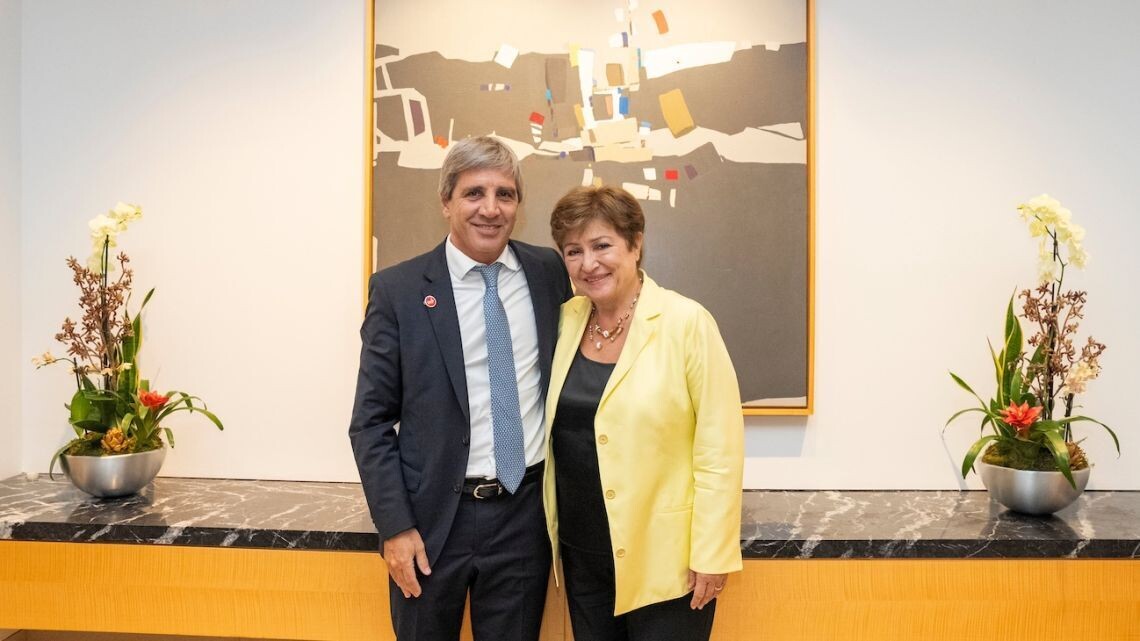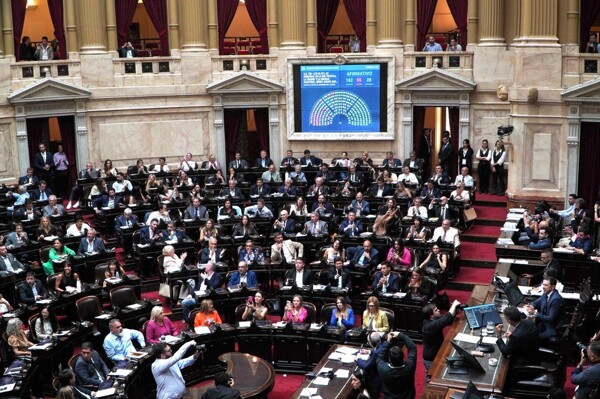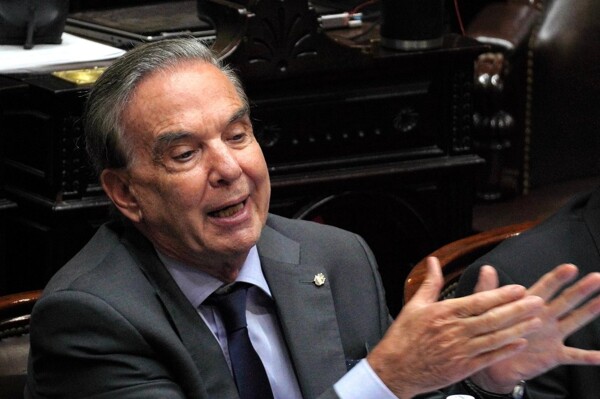
The IMF spokesperson praised Argentina's inflation control and exchange rate stability, but avoided providing details about amounts or dates of the new loan during a press conference in Washington on Thursday. Despite this, she stated that the discussions are progressing positively.
According to leaks from European delegates, the loan package could amount to US$ 15 billion. There is mention of a secret clause that would allow Argentina to renegotiate payments if its GDP exceeds 3% annually, according to G7 sources. It is noted that the Argentine delegation reportedly used a Falcon 900LX jet (registration LV-FNI) to expedite negotiations.
An advisor to Luis Caputo claimed that the mistakes of 2018 will not be repeated, without revealing his identity. The strategy of linking loan disbursements to progress in the selective dollarization of sectors such as energy and telecommunications is also mentioned.
The IMF praises Argentina's progress in reducing inflation and stabilizing the economy but demands more structural reforms. Julie Kozack from the IMF avoided detailing the new agreement with Milei's government but emphasized the reduction of nascent poverty and the need for consistent fiscal and monetary policies, as well as reforms to promote sustained growth.
Argentina seeks a financial program to strengthen reserves and eliminate the currency control by 2025. Both the IMF and Argentina acknowledge the need for permanent fiscal adjustments, reforms in the energy and labor sectors, and a non-discretionary exchange control.
Luis Caputo, Minister of Economy, assured that an agreement with the IMF will not lead to an immediate devaluation or a sudden lifting of the currency control. Currently, the negotiations are in a technical phase with no defined deadlines, and the IMF prioritizes the sustainability of current measures and automatic adjustment mechanisms in the face of external shocks.














